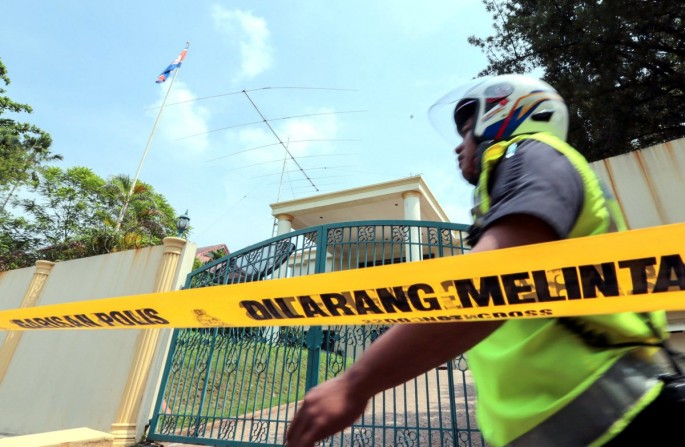There were 11 Malaysian nationals who were banned from exiting North Korea recently. According to the North Korean government, the hostages will be freed if Malaysia can guarantee the safety of their citizens in the country.
Malaysia was outraged by the act of terrorism ordered by the socialist country. In turn, the Malaysian government closed the North Korean embassy in Kuala Lumpur and stopped the departure of North Koreans.
Malaysian Prime Minister Najib Razak said in a statement: "This abhorrent act, effectively holding our citizen's hostage, is in total disregard of all international law and diplomatic norms."
The Koreans detained in the embassy are suspects of the murder of Kim Jong Nam, the half-brother of North Korean leader Kim Jong Un.
The suspects are Hyon Kwang Song, the embassy's second secretary, and Kim Uk Il, a staff member at North Korean national carrier Air Koryo. Other North Korean nationals who are not able to depart the country are students of a course being taught by the World Food Program.
Experts believe that China and the U.N. should start getting involved to help the release of the hostages.
According to Dr. Hazel Smith, a professor at the U.K.'s University of Central Lancashire, "China has no direct controls over North Korea, but it has influence partly because North Korea is economically dependent on China--about 90 percent of North Korea's trade is with China."
"Malaysia could also very legitimately ask ASEAN partners to review all of the DPRK's activities in the Asian region, which they have been trying for some time to establish as an alternative to China for economic transactions," she added.
Another expert, Dr. Christoph Bluth, a professor of international relations and security at the University of Bradford in the U.K., said that China should use its bilateral relations to discuss the issue of the hostages.
He noted, "Malaysia has no leverage on North Korea except Kim Jong Nam's body."
"So this crisis may end if the body is returned and all North Koreans return to North Korea. But Malaysia could internationalize the situation and get the U.N. Security Council involved," he added.



























